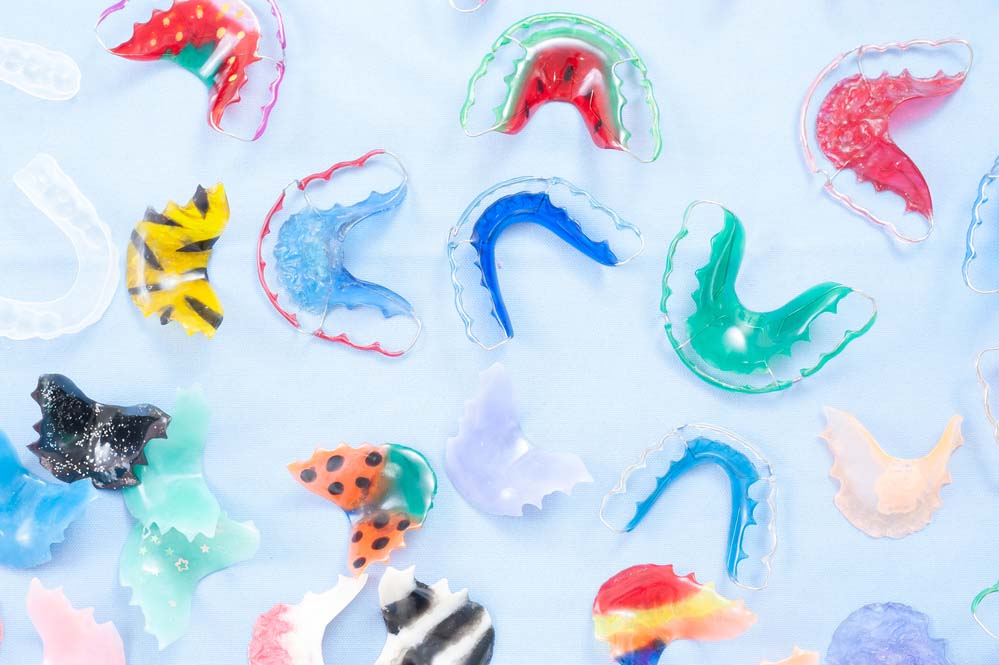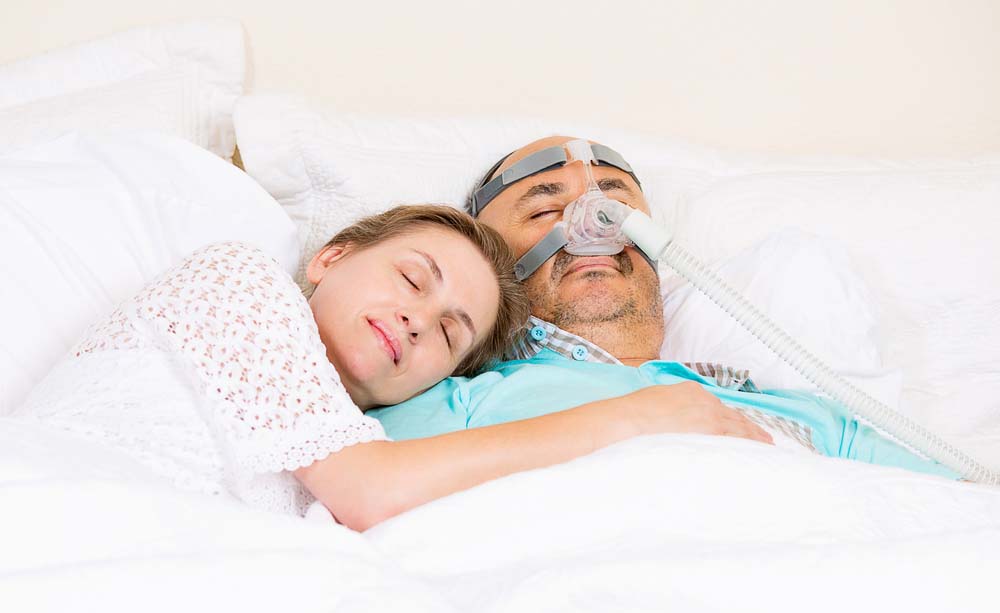Sleep Apnea 101
Oral Appliance Therapy (OAT) vs Adaptive Servo-Ventilation (ASV)
Sleep apnea can be frustrating. You just want to get a full night’s sleep, but instead, you keep waking up gasping for breath. Sleep apnea not only feels frustrating, but it can be life-threatening as well. To ensure your safety and the ongoing quality of your sleep, you want to better understand the treatment options available to you.
Two treatment options for sleep apnea available to you are Oral Appliance Therapy (OAT) and Adaptive Servo-Ventilation (ASV).
Oral Appliance Therapy (OAT) uses custom devices to reposition the jaw for obstructive sleep apnea. Adaptive Servo-Ventilation (ASV) employs a programmable device that adjusts airflow in real-time, mainly for central sleep apnea. OAT is for mild to moderate cases, while ASV is for central or complex sleep apnea. OAT requires regular adjustments, and ASV offers continuous monitoring with higher cost. Patient preference, diagnosis, and guidance from healthcare professionals determine the choice.
What Is Oral Appliance Therapy (OAT)?

Oral appliance therapy, or OAT, is when an oral appliance is fit to your teeth to stabilize the tongue and jaw. The appliance is positioned similar to a retainer and looks like a mouth guard one might receive at the dentist’s office. This treatment is a mild, non-invasive option for patients suffering from pain or difficulty breathing while they sleep. There has been research conducted on the importance of OAT as an alternative treatment for sleep apnea, as this research dictates that there is a strong connection between dental health and sleep quality.
What Does OAT Treat?
OAT is a common treatment for obstructive sleep apnea. It is also typically used for people who have chronic snoring problems. The treatment works by targeting the root of these issues in the mouth or jaw to improve sleeping conditions and facial tissue obstruction.
What Is Obstructive Sleep Apnea?
When the upper airway becomes blocked, this is what specialists call obstructive sleep apnea. When our muscles relax during sleep, sometimes they can become too relaxed and cause this obstruction, or blockage. Symptoms of obstructive sleep apnea include:
- Snoring
- Tossing and turning during your sleep
- Waking up constantly during the night
- Waking up feeling fatigued or sleepy
What Is Adaptive Servo-Ventilation (ASV)?
An ASV machine is an adaptive servo-ventilation machine. It’s a newer technology but fits within the same category as an APAP machine. In fact, the two are similar enough that ASV and APAP are often used interchangeably.
How Does an ASV Machine Work?
ASV is similar to the other PAP machines in that it works by sending a stream of air into the person’s mouth or nose to keep the airways clear and stabilize breathing. An ASV monitors the person’s breathing throughout the night and automatically adjusts the airflow to compensate for any changes that occur rather than sending a steady stream of air.
What Is Auto Positive Airway Processing? (APAP)?

APAP or positive airway processing works similarly to a typical CPAP machine. The difference between the two machines is that an APAP adjusts the air pressure more dynamically throughout the night, instead of a steady stream of air like a CPAP. This makes it work for patients individually, and it will increase or decrease air pressure, depending on how often someone is taking breaths.
What Is the Difference Between APAP and ASV?
ASV stands for adaptive servo-ventilation, as compared to auto-positive airway processing (APAP). These two phrases are often used interchangeably. ASV monitors abnormal sleep patterns and adjusts the airflow accordingly. This is similar to APAP machines, which then will adjust airflow dynamically, as compared to a CPAP machine that has the same airflow for patients all night.
What Does APAP Treat?
APAT treatment is best suited for those with central sleep apnea. If your breathing is constantly shallow, or you find yourself unable to breathe with stability throughout the night, a positive airway processing machine will help pump air into your lungs. This adjustable stream of air will keep your throat from closing up during the night.
What Is Central Sleep Apnea?
Central sleep apnea is commonly described as a sleep disorder that causes an increase in the amount of pauses of breath while asleep. During a sleep cycle, unpredictable breathing can lead to excessive wakefulness. This wakefulness can lead to unstable energy levels throughout the day and even contribute to mood disorders. Symptoms of central sleep apnea include:
- Chest pain or discomfort
- Insomnia
- Difficulty concentraing
- Headaches
OAT vs. ASV
What Are the Similarities?
OAT and ASV are similar in that they both are able to treat forms of sleep apnea. They can both help minimize the obstruction or blockage in the throat that makes it harder to breathe.
What Are the Differences?
The main difference between OAT and ASV is that while oral appliance therapy focuses on mouth and jaw alignment to minimize blockages, ASV therapy works by increasing airflow. The treatment that will work best for your case of sleep apnea will depend on the severity of your breathlessness and the root cause.
In Summary:
Oral Appliance Therapy (OAT):
- Custom devices reposition the jaw for obstructive sleep apnea.
- Mild, non-invasive option for pain or breathing difficulties during sleep.
- Common for obstructive sleep apnea and chronic snoring.
- Targets mouth and jaw issues to improve sleep conditions.
Adaptive Servo-Ventilation (ASV):
- Uses a programmable device for real-time airflow adjustments.
- Primarily for central or complex sleep apnea.
- Monitors and automatically adjusts airflow based on breathing patterns.
- Higher cost, continuous monitoring.
What To Do If You Need Sleep Apnea Treatment
If you have obstructive or central sleep apnea, reach out to a sleep specialist. A specialist can work with you one-on-one to determine which sleep apnea treatment will be the most successful for you. Soon after treatment, you’ll be on your way to more restful and rejuvenating sleep.
Do You Have Obstructive Sleep Apnea or Central Sleep Apnea?
Contact us to see whether OAT or APAP treatment will work for you.
Contact us
Call us
Location
1700 Eagle Harbor Pkwy, Suite 7
Fleming Island, FL 32003
Hours
Monday 9am- 4pm
Tuesday 9am- 4pm
Wednesday 10am - 5pm
Thursday 9am- 4pm
Friday By Appointment
Saturday Closed
Sunday Closed